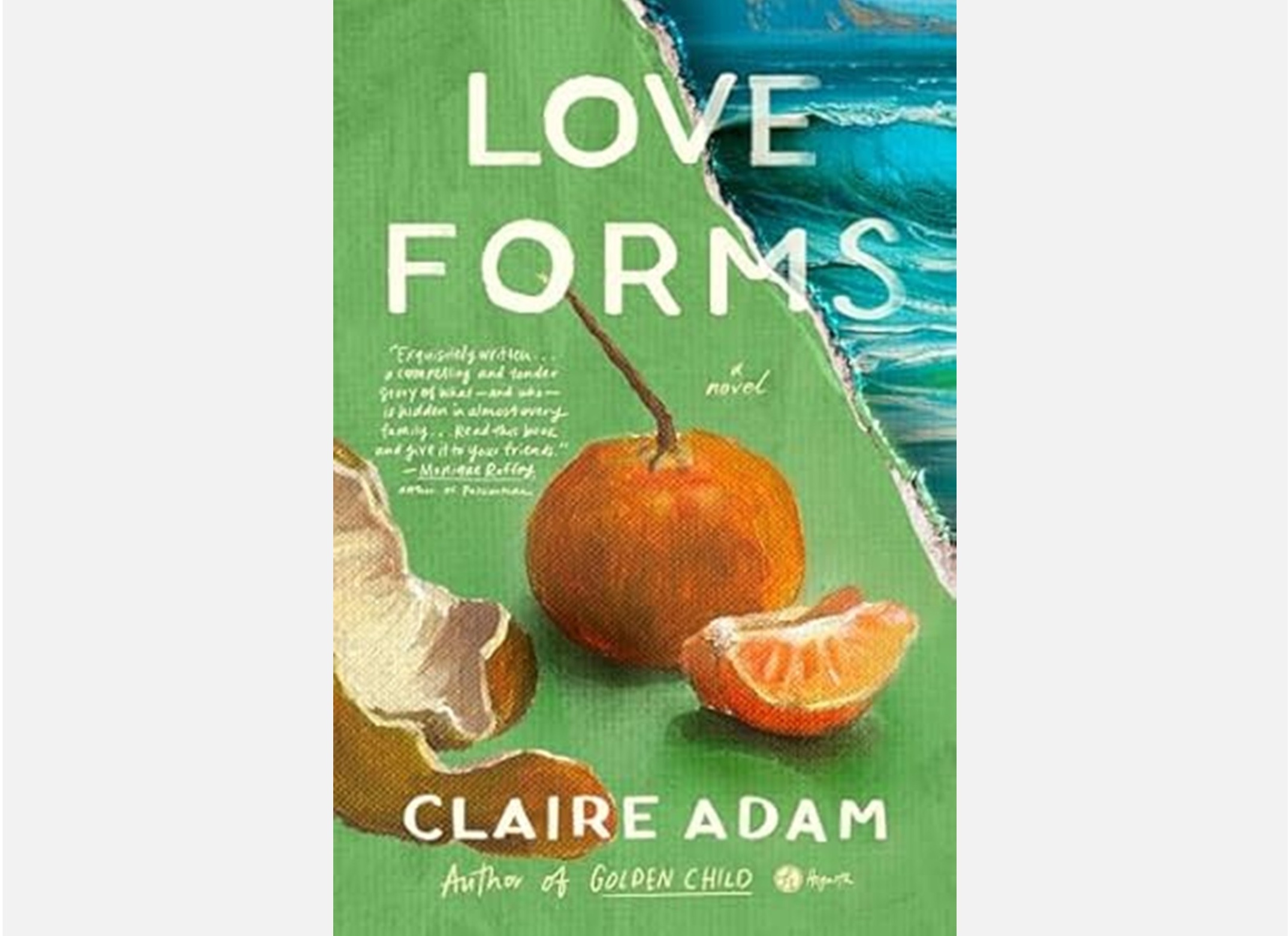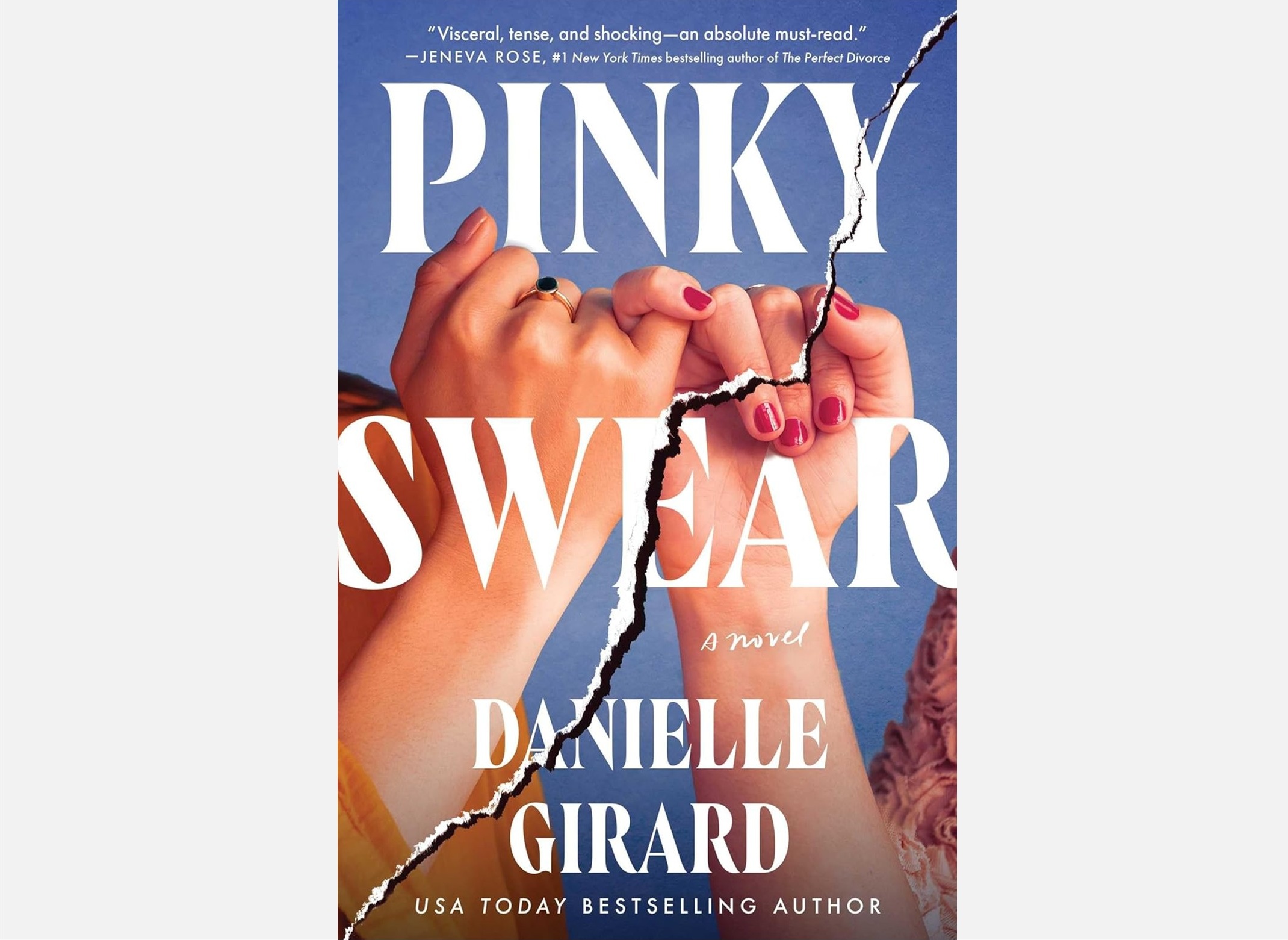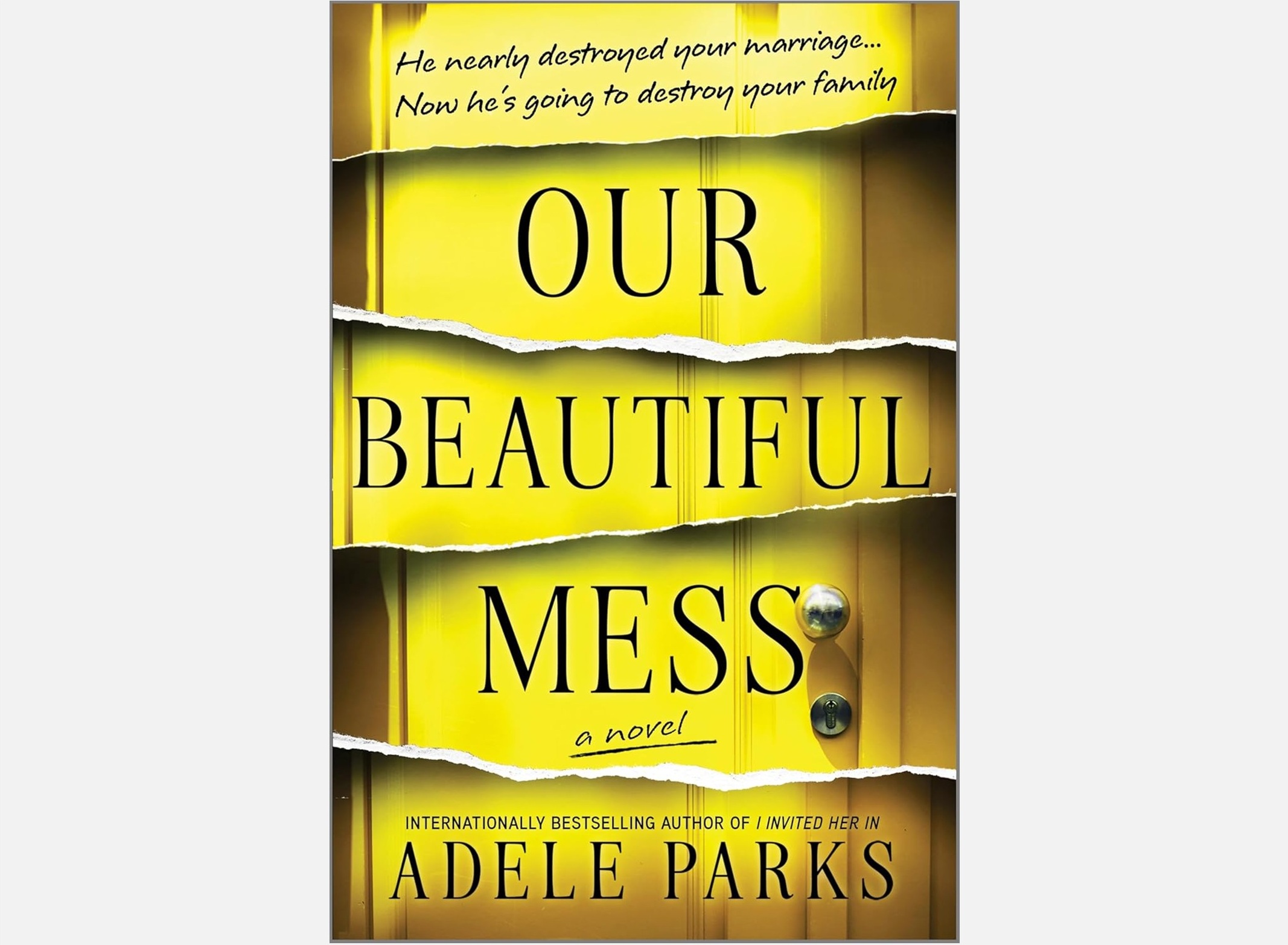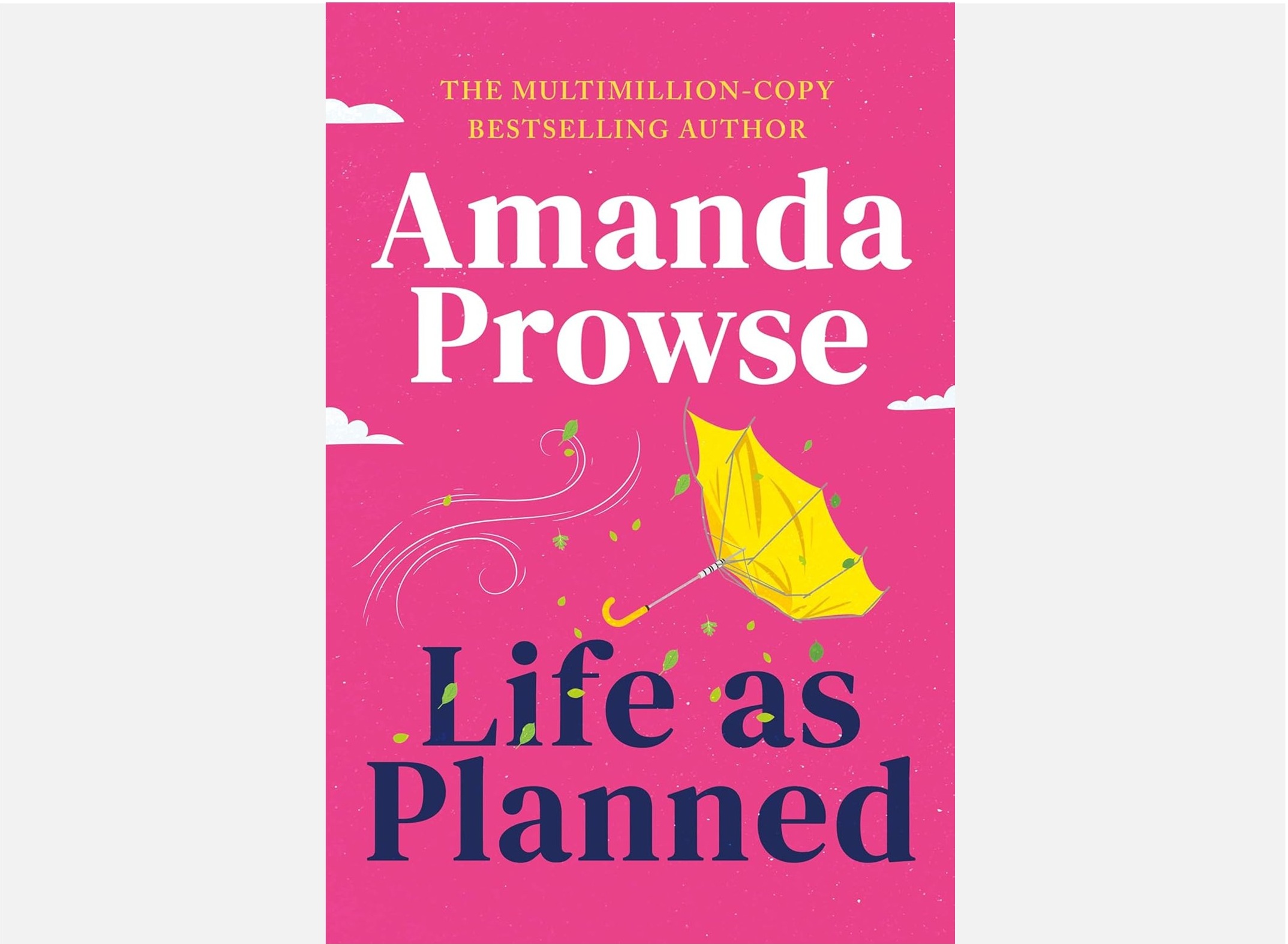Story for the Week
When I met Dennis is 2002, I didn’t know anything about Trinidad, unless you were talking about Fannie May trinidads. 😉 And I certainly didn’t know anything about Tobago.
Dennis had not been back to Trinidad since he left in the 1980s, but he regaled me with stories of what it was like to grow up there. He still has quite a bit of family there, and we talked about visiting, especially during Carnival. But you can’t get a direct flight from Chicago to Trinidad, and flights were always ridiculously expensive. We always said “someday,” but the closest we got was a day trip to visit his aunt in Barbados when our Disney cruise stopped there. It wasn’t Trinidad, but the beach was amazing. Then we lost Dennis nine months later—much too soon.
That doesn’t stop me from remembering the stories he told. And it doesn’t keep me from leaving it on our bucket list.
Dennis loved the ocean. He told me that he used to walk home from primary school and stop at Maracas Beach. He would strip down out of his school uniform, swim for a while, and then dry in the sun before he got dressed again to go home. We talked about how he always took a soccer ball to the beach while I took a volleyball. He thought Lake Michigan felt weird compared to the ocean and found it hard to believe it was fresh water.
And then there’s the food he introduced me to. Oh…the food! I’m primarily Polish. I didn’t grow up eating anything spicy, and I definitely didn’t eat curry. I don’t even know if I had ever really paid attention to curry as a spice before I met Dennis. I love me some curry now. 🤣
He used to say there was nothing like bake and shark or doubles from a street vendor. I’m not sure about the bake and shark, but I have loved doubles since the first time I had them in New York…even more than roti. Doubles is a sandwich of sorts. And no, it’s not “a double.” A single serving is “doubles.” Two pieces of fried flatbread filled with curried chickpeas. They’re messy and fall apart when you eat them and ridiculously delicious.
Roti is the first Trinidadian food I ever had. It’s almost like a round burrito—a large circular flatbread filled with any type of curried meat along with chickpeas, potato, and pepper if you’re so inclined. I’m partial to boneless chicken roti without all the extras. But if I had to choose between doubles and roti, I choose doubles every time.
We don’t have doubles or roti very often. We can’t get them here in Chicagoland, so we have to wait for someone to visit who can freeze some and bring them. And now that I think about it, we’re getting a Canadian visitor for Labor Day weekend this year, so there may be doubles and roti in the very near future. 🤔
I love that I learned how to prepare some of Dennis’s favorite foods while he was alive. I used to cook curried goat or shrimp for him, especially after his mom taught me I had to “burn the garlic.” I baked sweet bread every Christmas, which one sister-in-law loved so much she asked me if I put crack in it because she couldn’t resist grabbing a slice every time she walked through the kitchen. I tried my hand at pastelles, which are similar to tamales, and I even tried making doubles myself. They tasted ok, but I need a lot more practice with those. I cooked pelau a couple of times. And finally macaroni pie…a staple for every holiday meal.
One of these days, I hope to get to Trinidad, if for no other reason than for Corinne and me to experience where Dennis came from. There were a lot of reminders of the stories he told me in the book reviewed below, and it put a smile on my face when I read “cooking Trinidadian food is different.” I know that from experience. 😉
Book Review
⭐⭐½
2.5 Stars for Love Forms by Claire Adam
288 pages
Publisher: Random House | Hogarth
Publication Date: July 29, 2025
I received an advance copy of this title from NetGalley and Random House | Hogarth.
Publisher’s Description
For much of her life, Dawn has felt as if something is missing. Now, at the age of fifty-eight, with a divorce behind her and her two grown-up sons busy with their own lives, she should be trying to settle into a new future for herself. But she keeps returning to the past and to the secret she’s kept all these years. At just sixteen, Dawn found herself pregnant, and—as was common in Trinidad back then—her parents sent her away to have the baby and give her up for adoption.
More than forty years later, Dawn yearns to reconnect with her lost daughter. But tracking down her child is not as easy as she had thought. It’s an emotional journey that leads Dawn to retrace her steps—from Trinidad to Venezuela and then to London—and to question not only that fateful decision she’d made as a teenager but every turn in the road of her life since.
************
Main Characters:
- Dawn Bishop Wilson – 58 years old, divorced with two grown sons, lives in England, working in an office job even though she has a medical degree, gave up a daughter for adoption when she was 16, the Bishops are a well-known family in Trinidad and own a large beach house in Tobago
- Finlay and Oscar Wilson – Dawn’s sons, Finlay is 30 and single and going through surgical training in London, Oscar is 28 and working on his post-doctorate degree in the U.S.
- Warren Bishop – Dawn’s oldest brother, he took over the family juice empire in Trinidad, married with four children, Dawn felt he always treated her kindly when they were young
- Ryan Bishop – Dawn’s second oldest brother, a lawyer who lives with his wife in Barbados, Dawn was a little afraid of him when they were young but says he’s different now
I wanted so much to love this book. The story revolves around Dawn, who spent her life feeling like a piece of her was missing. When Dawn got pregnant at 16, her wealthy and well-known parents sent her from Trinidad to Venezuela by boat in the middle of the night. For the last four months of her pregnancy, she lived in a home for unwed pregnant teens run by nuns. Once the little girl was born, Dawn returned to Trinidad the same way she arrived, and the baby was put up for adoption.
Dawn and her family acted as if nothing happened. She eventually moved to London to study medicine, got married, and had two sons. But most recently she finds herself in online forums, looking for the daughter she gave up in 1980. There were no online records. She had no idea where she lived in Venezuela. As she tells us about her attempts to find her daughter, we learn she is in contact with girl #4.
I expected a heartbreaking journey here as Dawn looks for the child she gave up, but I don’t feel her heartbreak in her words. This reads like she’s narrating a family history while in the throes of depression…almost like she’s talking to a therapist. In fact, there are a couple of times when she mentions that she’s getting off track or that this is the point she is trying to get to.
At least half of the book walked through a drawn-out description of Trinidad’s political and financial history rather than Dawn’s personal experiences, and the book is fewer than 300 pages. I did not expect (or enjoy) 150 pages of Trinidadian history…even though the setting was part of the appeal for me since my late husband grew up in Trinidad.
Don’t get me wrong. I loved the references to Carnival, roti, bake and shark, Maracas Beach—all things I heard about from my husband. But readers don’t need to know about the political coup or the oil prices or the drug trafficking or the crime rates to feel Dawn’s unfortunate foray into motherhood.
I wanted to learn about her journey after the birth. How did her home life change? Why did she go to London? What impact did the discovery have on her husband and sons? We don’t even know why she and her husband divorced. Was she so obsessed with finding her daughter that she stopped focusing on her marriage? Was she so depressed that her husband couldn’t deal with her anymore? Answers to these questions would have helped us understand the journey into her past better than the political and business climate in Trinidad.
She mentions that her family never spoke about “her mistake,” and she always refers to it as a mistake…more than 20 times throughout the book. That really rubbed me the wrong way. She acts like she has kept the baby a secret her entire life but then says her husband found out when their first son was born. Her sons know because they talk to her about the women she has previously connected with in her search.
This story would be so much better if it were actually Dawn’s story, but it’s really not. The publisher’s description says “It’s an emotional journey that leads Dawn to retrace her steps—from Trinidad to Venezuela and then to London….” She doesn’t retrace her steps to Venezuela until the very end when she and her entire family meet for a holiday in Tobago and she talks to her mother. And honestly, the ending was so dissatisfying for me, I just closed my Kindle and tossed it aside in frustration.
If you’re a fan of historical fiction, you might like this, but if you’re looking for the mother’s journey, you should skip it.
If you enjoyed this post, please comment below. Subscribe for regular updates, and share it with your friends. If you’re interested in starting a conversation, send an email to booksundertheblanket@gmail.com.
As an Amazon affiliate, I earn a small commission at no cost to you when you make a purchase using the links on my site.




